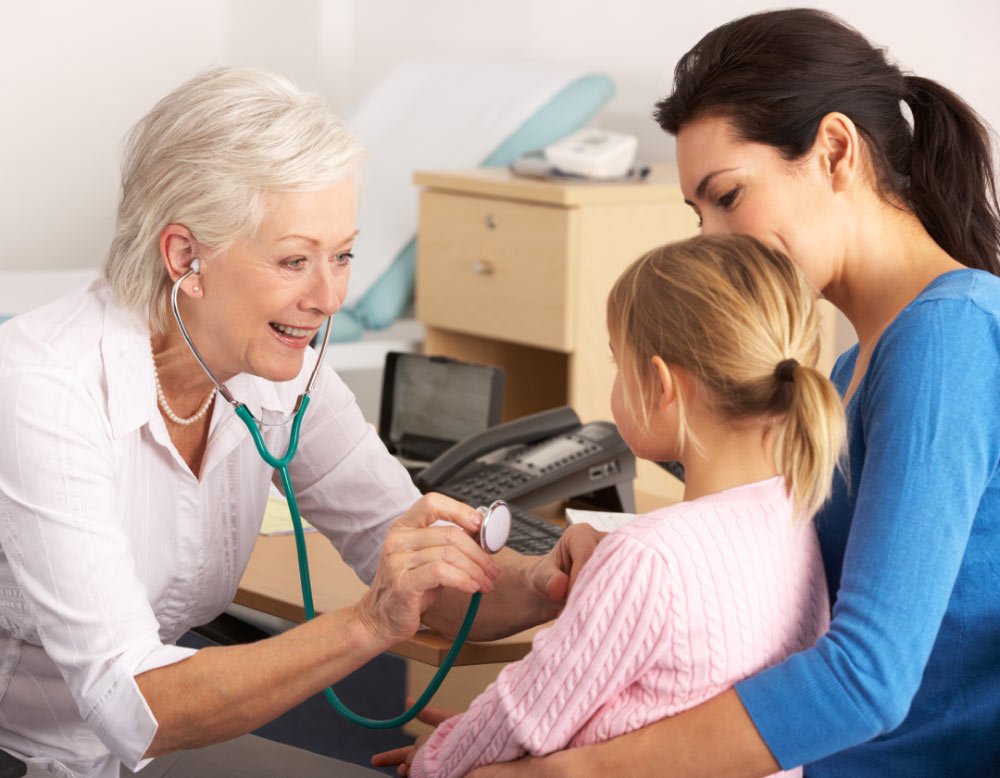
Cervical Cancer Screening
Cervical screening (a pap smear test) checks the health of your cervix. The cervix is the opening to your womb from your vagina.
It’s not a test for cancer, it’s a test to help prevent cancer.
All women and people with a cervix aged 25 to 64 should get it done.
During the screening appointment, a small sample of cells will be taken from your cervix.
The sample is checked for certain types of human papillomavirus (HPV) that can cause changes to the cells of your cervix.
HPV is the name for a very common group of viruses.
Most people will get some type of HPV during their lives. It is very common and nothing to feel ashamed or embarrassed about.
You can get HPV from any kind of skin-to-skin contact of the genital area, not just from penetrative sex.
Some types of HPV (called “high risk” types) can cause cervical cancer. In most cases your body will get rid of HPV without it causing any problems. But sometimes HPV can stay in your body for a long time.
If you have a cervix and have had any kind of sexual contact, with a man or a woman, you could get cervical cancer. This is because nearly all cervical cancers are caused by infection with high risk types of HPV
Risk factors for cervical cancer include:
- Many sexual partners – The greater your number of sexual partners – the greater your chance of acquiring HPV.
- Early sexual activity – Having sex at an early age increases your risk of HPV.
- Other sexually transmitted infections (STIs) – Having other STIs — such as chlamydia, gonorrhea, syphilis and HIV/AIDS — increases your risk of HPV.
- A weakened immune system – You may be more likely to develop cervical cancer if your immune system is weakened by another health condition and you have HPV.
- Smoking is associated with cervical cancer.
- If you’ve never had any kind of sexual contact with a man or woman, you may decide not to go for cervical screening.
Frequency for repeat screening :
Women aged 25-49 years – Every 3 years
Women aged 50-65 years – Every 5 years
Immune- compromised Women – Annual screening
All sexually active women, symptom-free, aged 25- 65 years (married, divorced, widowed) residing in the UAE, are eligible for screening, except were exclusion criteria for screening apply.
Related Post
10 Facts about Malnutrition
10 Facts about Malnutrition Hunger and malnutrition usually go [...]
Natural Sweeteners
Natural Sweeteners Natural sweeteners are sugar substitutes that [...]
Artificial Sweeteners
Artificial Sweeteners Artificial sweeteners are synthetic sugar substitutes. But [...]




